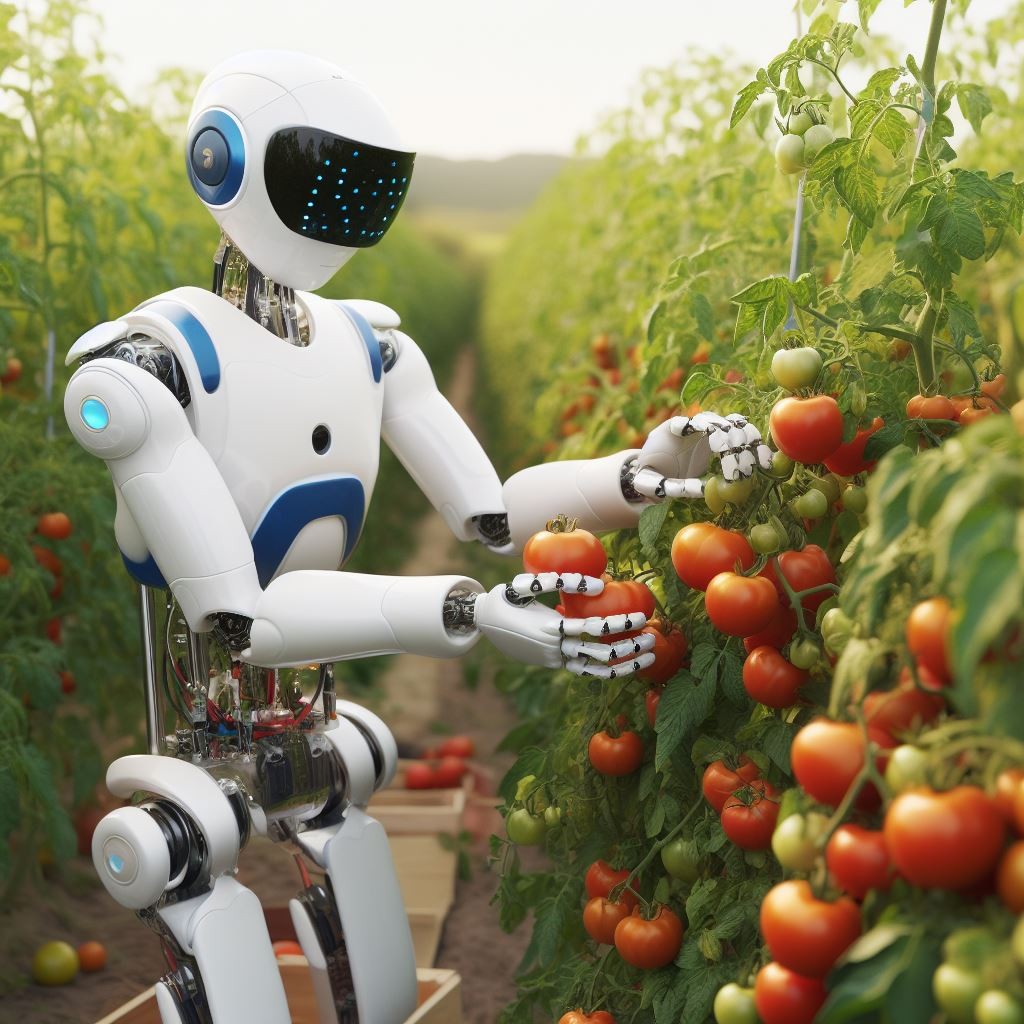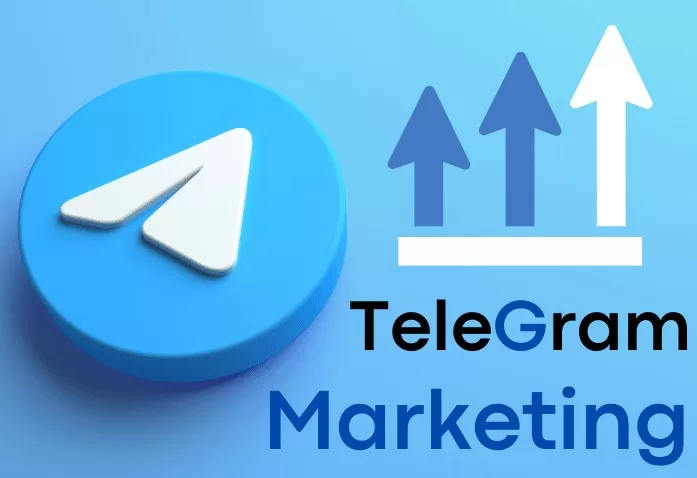
Embracing Tomorrow: The Role of Technology in Sustainable Living
In the pursuit of a sustainable future, the integration of technology plays a pivotal role. From renewable energy solutions to smart urban planning, advancements in technology offer promising avenues for reducing our ecological footprint and fostering a harmonious relationship with the environment. Let’s delve into how technology is shaping sustainable living in the modern world.
Renewable Energy Revolution
One of the most significant contributions of technology to sustainable living is the harnessing of renewable energy sources. Solar panels, wind turbines, and hydroelectric power systems are becoming increasingly efficient and affordable, empowering individuals and communities to generate clean energy. Innovations in energy storage technologies further bolster the reliability of renewables, enabling us to transition away from fossil fuels and mitigate climate change.
Smart Infrastructure and Urban Planning
Cities are at the forefront of the sustainability challenge, given their concentration of population and resources. Technology offers solutions for smarter, more sustainable urban environments. Smart grids optimize energy distribution, reducing waste and emissions. IoT (Internet of Things) devices monitor and manage resource consumption in real-time, enhancing efficiency and promoting conservation. Additionally, data analytics enable urban planners to make informed decisions, optimizing transportation systems and reducing congestion and pollution.
Sustainable Agriculture and Food Production
Feeding a growing global population sustainably is a pressing concern. Technology is revolutionizing agriculture and food production, offering solutions to enhance productivity while minimizing environmental impact. Precision farming techniques leverage data and sensors to optimize crop yields, reduce water usage, and minimize chemical inputs. Vertical farming and hydroponic systems enable year-round cultivation in urban areas, reducing the carbon footprint associated with traditional agriculture and transportation.
Circular Economy and Resource Management
The concept of a circular economy, where resources are reused, recycled, and repurposed, is gaining traction as a sustainable alternative to the linear “take-make-waste” model. Technology plays a crucial role in facilitating the transition to a circular economy. Innovations such as 3D printing enable on-demand manufacturing, reducing waste and energy consumption. Advanced recycling technologies recover valuable materials from waste streams, closing the loop and reducing reliance on finite resources.
Education and Awareness
Technology also serves as a powerful tool for education and raising awareness about sustainability issues. Social media platforms, online courses, and interactive apps engage individuals and communities, empowering them to make informed choices and adopt sustainable lifestyles. Virtual reality (VR) and augmented reality (AR) experiences provide immersive learning opportunities, fostering empathy and understanding for environmental challenges.
Conclusion
The role of technology in sustainable living cannot be overstated. From renewable energy to smart infrastructure, from sustainable agriculture to the circular economy, technology offers multifaceted solutions to the complex challenges facing our planet. Embracing these technological innovations with foresight and creativity holds the key to building a more sustainable and resilient future for generations to come. As we harness the power of technology, let us also remain mindful of the need for responsible stewardship of our planet, ensuring that progress is truly sustainable in the long run.













